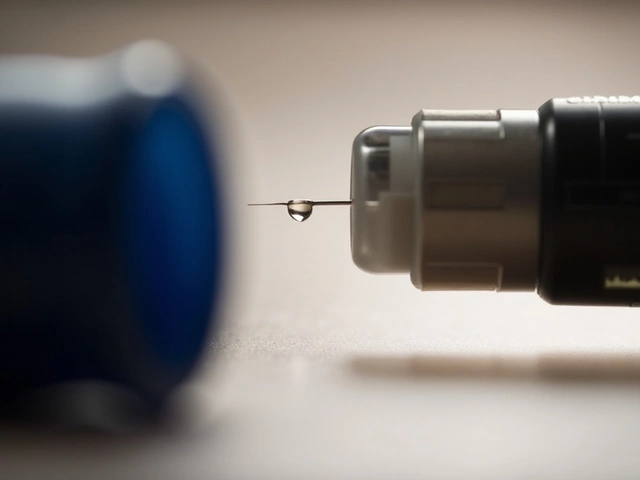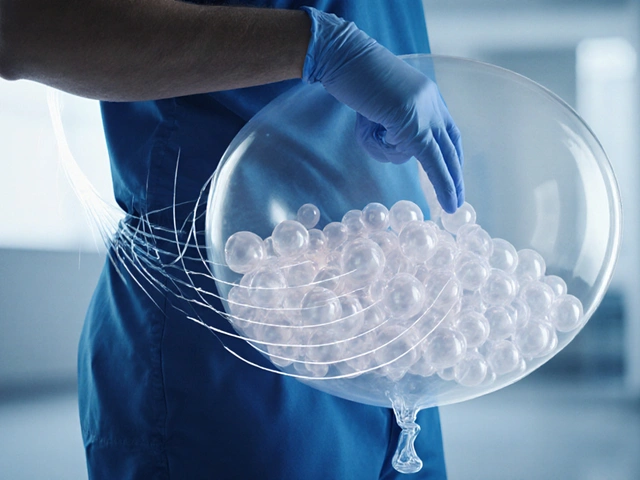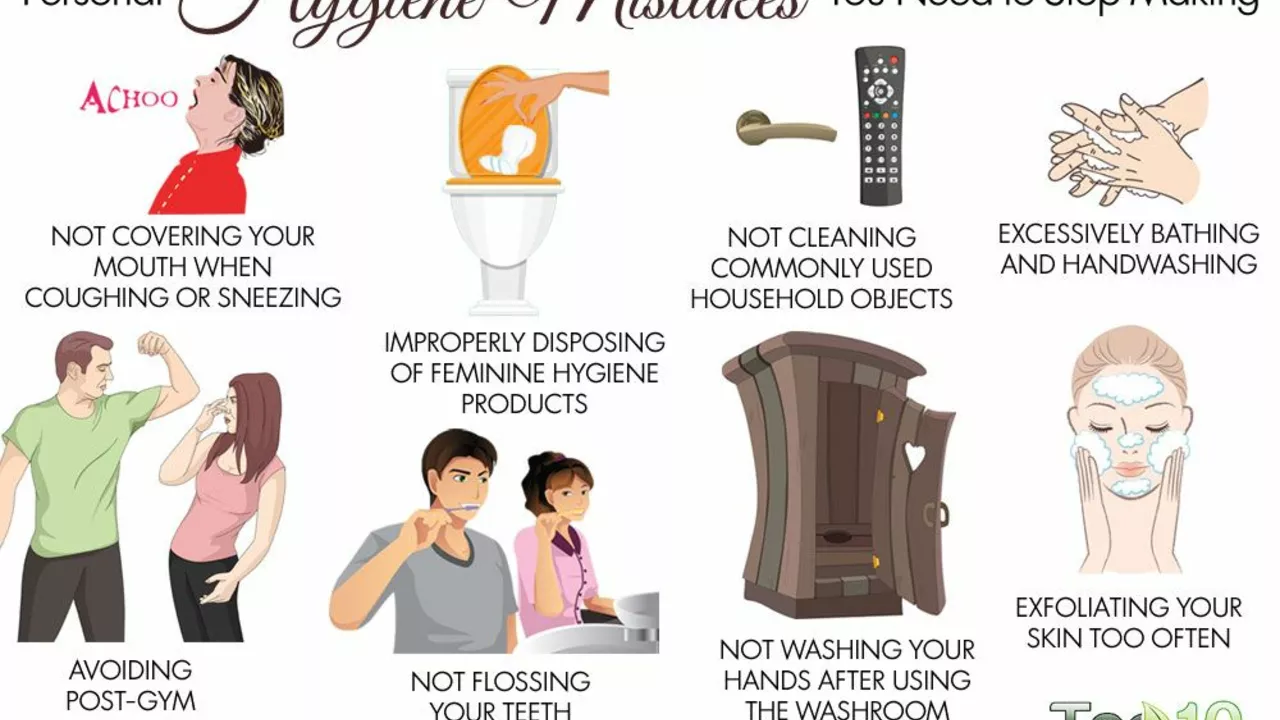Vaginal Hygiene: Simple, Safe Ways to Keep Your Intimate Area Healthy
Want straightforward vaginal care that actually works? Good. You don’t need special products or complicated routines. The vagina cleans itself, so your job is to support that natural balance—keep things clean, dry, and avoid things that disrupt pH or good bacteria.
Daily habits that help
Wash the outer area (the vulva) with warm water once a day. If you use soap, pick a mild, unscented soap and use it sparingly only on the outside. Avoid putting soap, wipes, or washes inside the vagina—internal cleaning can change the pH and cause infections.
Wipe front to back after using the toilet to avoid moving bacteria from the anus toward the vagina. Wear breathable underwear (100% cotton or cotton blend) and avoid tight synthetic pants for long periods—moisture and heat promote yeast and bacterial growth.
Change out of sweaty clothes and wet swimsuits quickly. After sex, urinate when you can; peeing helps flush bacteria from the urethra and lowers the risk of urinary tract infections.
Do's and don'ts for products and period care
Do use unscented pads, tampons, or cups. Keep pads and tampons changed regularly: every 4–8 hours for tampons, and at least every 4–6 hours for pads during heavy flow. If you use a menstrual cup, wash it with mild, fragrance-free soap and boil it between cycles per the manufacturer’s instructions.
Don’t douche. Douching washes away healthy bacteria and upsets vaginal pH, which can trigger infections like bacterial vaginosis. Skip scented sprays, wipes, and perfumes around the vulva—fragrance irritates sensitive skin and can cause itching or allergic reactions.
Be careful with new products. If you try an over-the-counter intimate wash or probiotic, test it for a few days and stop if you notice burning, itching, or unusual discharge. Talk with your clinician before starting probiotics or herbal treatments, especially if you’re pregnant or have recurrent infections.
Watch for changes. Normal discharge varies by cycle and is usually clear or cloudy and mild-smelling. See a healthcare provider if you get thick white cottage-cheese discharge with itching (likely a yeast infection), thin gray discharge with fishy odor (possible bacterial vaginosis), green or yellow discharge, bleeding not related to your period, fever, severe pain, or painful sex.
Small steps matter. Choosing cotton underwear, switching to unscented products, and avoiding internal cleaners will prevent many issues. If symptoms persist or you’re unsure, call your doctor—quick treatment is often simple and effective.
Tips for maintaining proper vaginal hygiene to prevent infections
As someone who's always looking out for ways to maintain my overall health, I recently came across some great tips for proper vaginal hygiene to help prevent infections. First, I learned that it's essential to wash the external genital area with mild soap and water daily, but be cautious not to over-cleanse. Secondly, it's crucial to avoid harsh chemicals, fragrances, or dyes in feminine products, as they can cause irritation. Wearing breathable cotton underwear and changing them regularly is another key factor in keeping the area clean and dry. Finally, being mindful of wiping from front to back after using the toilet can greatly reduce the risk of introducing harmful bacteria.
About
Women's Health
Latest Posts


Top Online Pharmacy Alternatives in 2025 to CanadaDrugsDirect.com
By Marcel Kornblum Jan 6, 2025

Semaglutide: A Promising Treatment for Fatty Liver Disease and More
By Marcel Kornblum Aug 17, 2024

Anastrozole's Impact on Metabolism: Essential Facts
By Marcel Kornblum Sep 9, 2024

